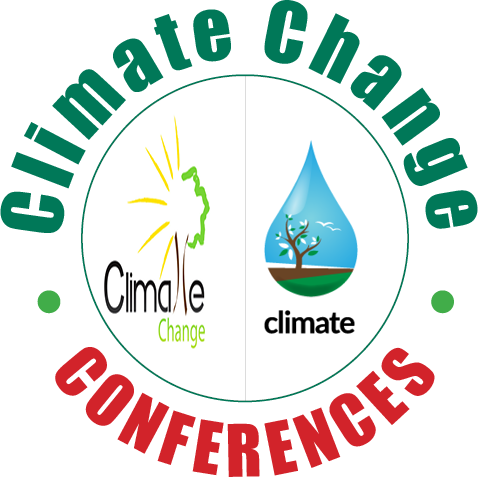
Alexander Panin
Kirov Military Medical Academy, Russia
Title: An objective predictor of global climate change is the monitoring of high-latitude microbiota
Biography
Biography: Alexander Panin
Abstract
Microorganisms are clearly responding to climate changes. Microbial species can be indicators of anthropogenic influence on polar ecosystems. Global climate changes may also affect the composition and structure of microbial communities in the Antarctic. Microbiological monitoring (MM) is very important for establishment of pathogens transmission as well as the epidemiological situation on the polar stations area. The aim of this work was to study the microbial biocenosis of Antarctica and to show the role of MMas a predictor of the risks associated with global climate change.
Systematic study of the microbiota in the Antarctic ecosystems held since 1996 (42-th season work of RAE). These works were accompanied by bacteriological and sanitary mycological examination of water, soil, the study of flora and fauna in the vicinity of objects RAE and the surrounding areas. One of the important tasks was to identify possible sources of accumulation of Yersinia and other pathogens around polar stations. The main feature of this work was the annual sampling from the same habitat allowing study dynamics of the microbiota on the polar stations area as well as natural ecosystems. Wide range of bacteriological and mycological methods of research and identification of microorganisms including molecular methods were used.
As result of microbiological monitoring in Antarctic coastal areas around RAE objects it was revealed that the number of bacteria in preliminary Antarctic soil increased in 1.5-3 times for last years. Many species of opportunistic bacteria and micromycetes were found in observed territory. Variety of bacteria and fungi in the areas of anthropogenic pollution was significantly higher than in natural ecosystems. These works continued into subsequent Antarctic expeditions. At the moment, the priorities of our studies are inclined to the Arctic regions of the RF. The results obtained are processed and require detailed analysis.
It is important to conduct the regular monitoring of birds inhabiting on the territories surrounding the polar stations for development of preventive and anti-epidemic measures. The results of these studies contribute to establish risks predictors of the global climate change, possibility of the emergence of zoonotic and anthroponotic diseases. These studies form the basis of the concept of "polar epidemiology" with scientific substantiation of preventive and anti-epidemic measures.Thetopicofclimateresearchisveryrelevantforthebiologicalandmedicalcommunity. It is necessary to predict and respond to climate challenges in a timely manner, or to create them better for humanity.

